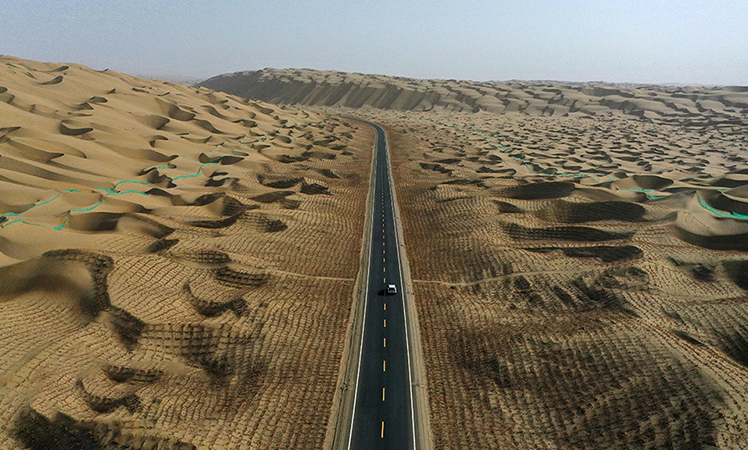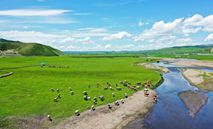“Rural resources banks” in E China’s Anhui turn ecological resources into valuable assets
Although it has been nearly one year since Xu Xuefeng, a farmer in east China’s Anhui Province was paid a sum of money from his village for transferring his land resources management rights, the man is still impressed by how the project has benefited him.
In August 2021, Liuxi village in Jingde county, Anhui opened a “rural resources bank” in the hope of turning residential land, farmland and housing properties, which were sparsely scattered and offered few economic benefits, into tradable resources by integrating them, introduced Hu Liming, head of the team of officials stationed in Liuxi village engaged in facilitating rural development, and who also serves as first secretary of the Party committee in the village.

Photo shows a white tea plantation in Liuxi village, Jingde county, east China’s Anhui Province. (People’s Daily Online/Zhang Jun)
Liuxi village is situated in a mountainous region in southern Anhui. The agricultural and forestry land area located in mountains near the village is 9,358 mu (623.87 hectares), but the area of flat farmland run by the village is quite small.
In 2017, the village kicked off a reform to transfer forestry resources management rights. During the reform, farmers transferred their rights to manage forestry resources to a stock cooperative in the village, which would then invest in the resources and run the investment projects. This mechanism effectively turned rural resources into assets and farmers into shareholders.
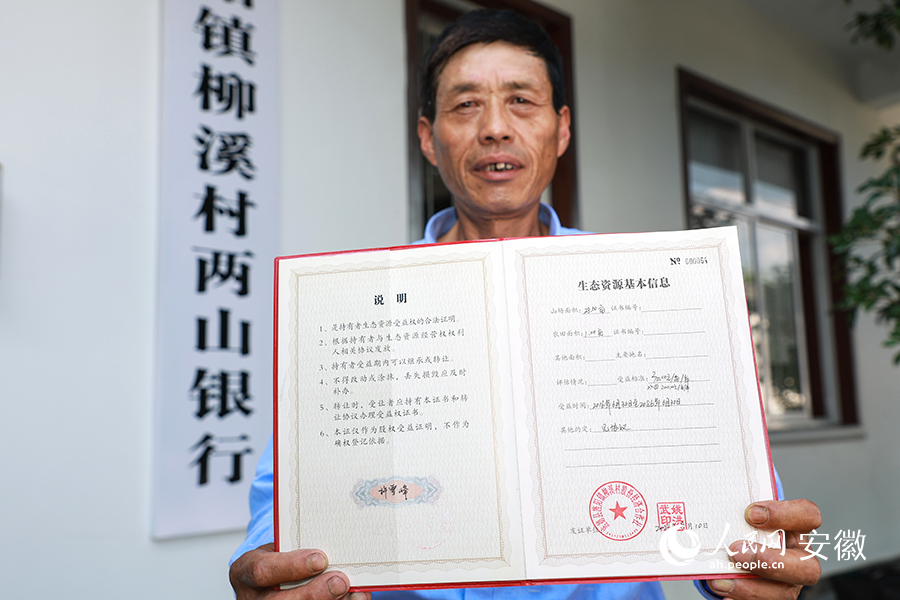
Xu Xuefeng, a villager from Liuxi village, Jingde county, east China’s Anhui Province, shows a certificate which proves that he is a beneficiary of the ecological resources transfer program. (People’s Daily Online/Zhang Jun)
In 2021, the collective income of Liuxi village reached 614,000 yuan (about $91,608), which was more than 20 times as much as the income collected by the village in 2016.
The “rural resources bank” has put a price tag on rural resources, said Hu. While according to Sun Jun, deputy secretary of the Party committee and deputy head of the villagers’ committee in Liuxi village, because the resources had not been exploited in the past, they produced no economic benefits.
Aside from three plantations that cover a total area of 2,276 mu, after the “rural resources bank” was opened, Liuxi village also finished the transfer of the rights to use 3,600 mu of agricultural and forestry land located in the mountains.
In Liuxi village, there is also a white tea plantation that occupies 1,000 mu of land.
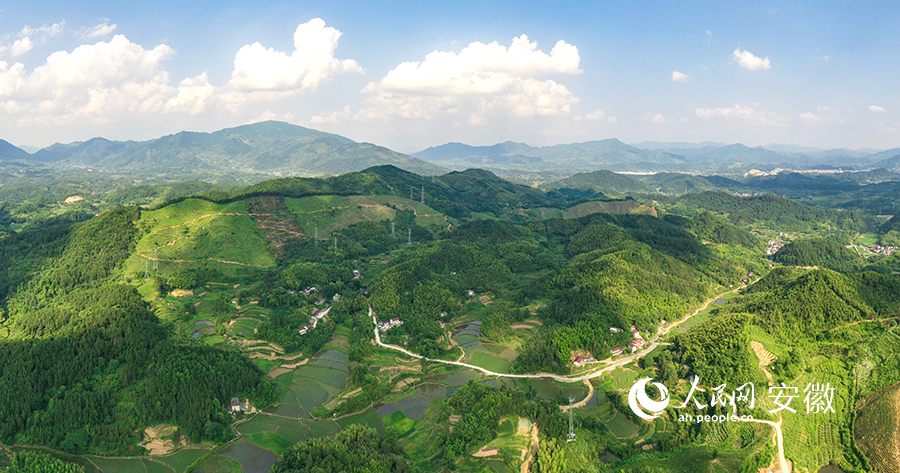
The agricultural and forestry land area owned by Liuxi village is large, but the flattened area of farmland run by the village is quite small. (People’s Daily Online/Zhang Jun)
“In addition to being paid land transfer fees, local farmers can also work at the plantations, which is able to provide jobs for more than 200 villagers, with their income totaling 3.6 million yuan each year,” introduced Sun.
Apart from Liuxi village, another 10 villages in Jingde county are running their own “rural resources banks,” which have gathered together 23,600 mu of agricultural and forestry land in the mountainous areas. Nearly one year after they went into operation, these “banks” have effectively converted local ecological resources into assets and capital.
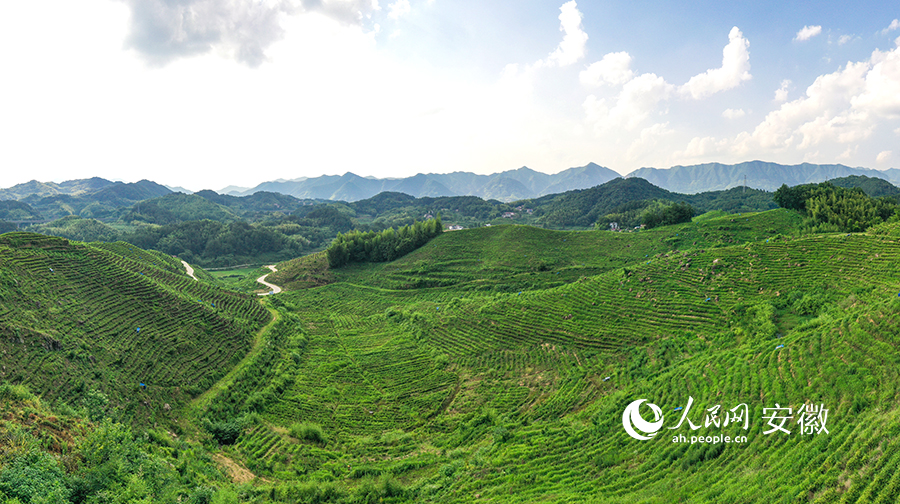
The “rural resources bank” has helped turn the ecological resources of Liuxi village into valuable assets. (People’s Daily Online/Zhang Jun)
Photos
Related Stories
- New media helps promote rural revitalization projects in Guizhou
- China's rural vitalization breathes new life into agriculture, villages
- Residents of Hezhe ethnic group living in NE China’s Heilongjiang embrace better life through rural vitalization drive
- New generation farmers active in China’s construction of digital villages
- Village in north China's Hebei thrives on rose industry
- China to further reinforce legal guarantee for rural vitalization
- Village in N China's Shanxi thrives on booming pear industry
- Linyi of China's Shandong seizes development opportunities provided by neighboring Yangtze River Delta
- Postgraduate students specializing in agriculture help bring prosperity to farming village in outskirts of Beijing
- China Development Bank issues 8 bln yuan in bonds to boost rural vitalization
Copyright © 2022 People's Daily Online. All Rights Reserved.







